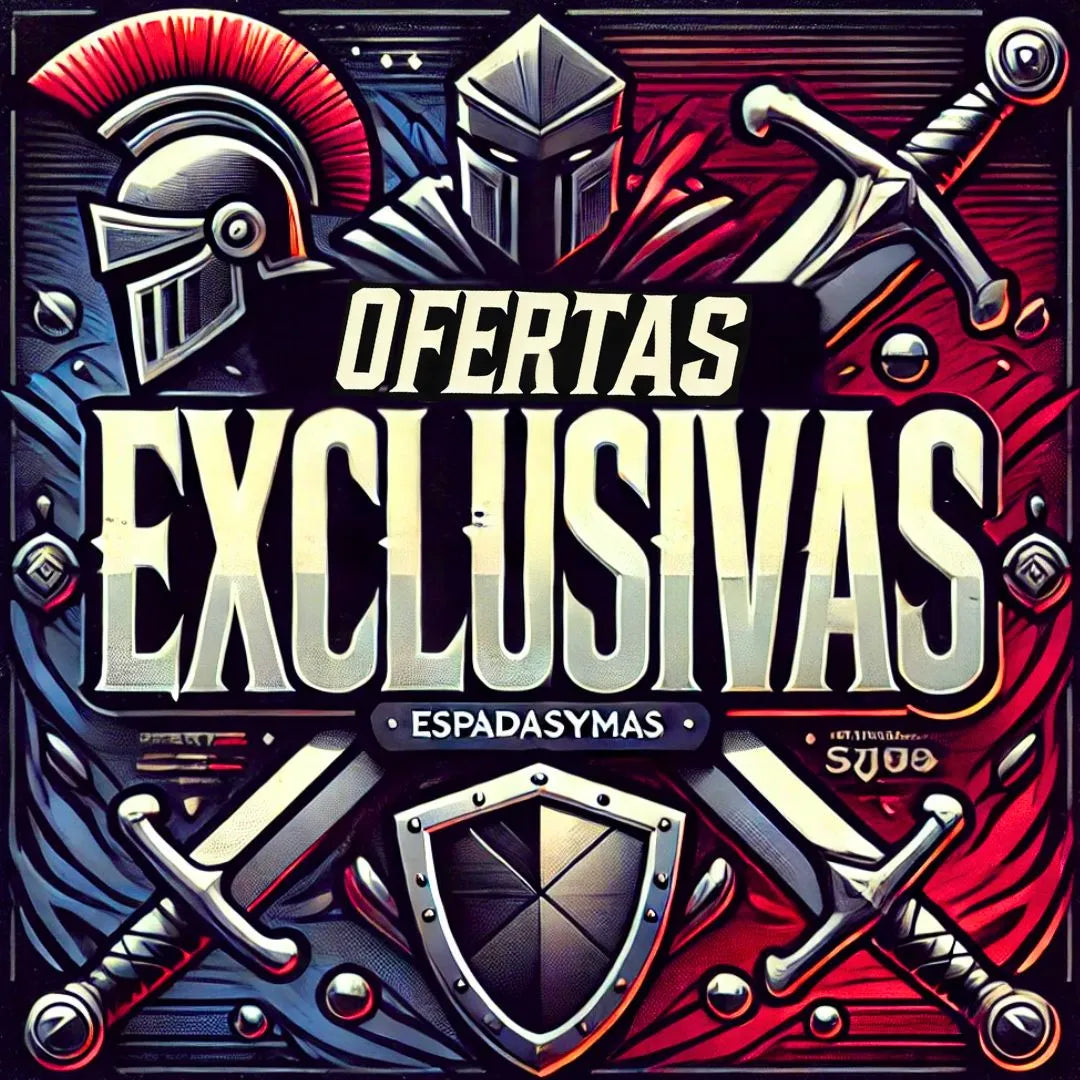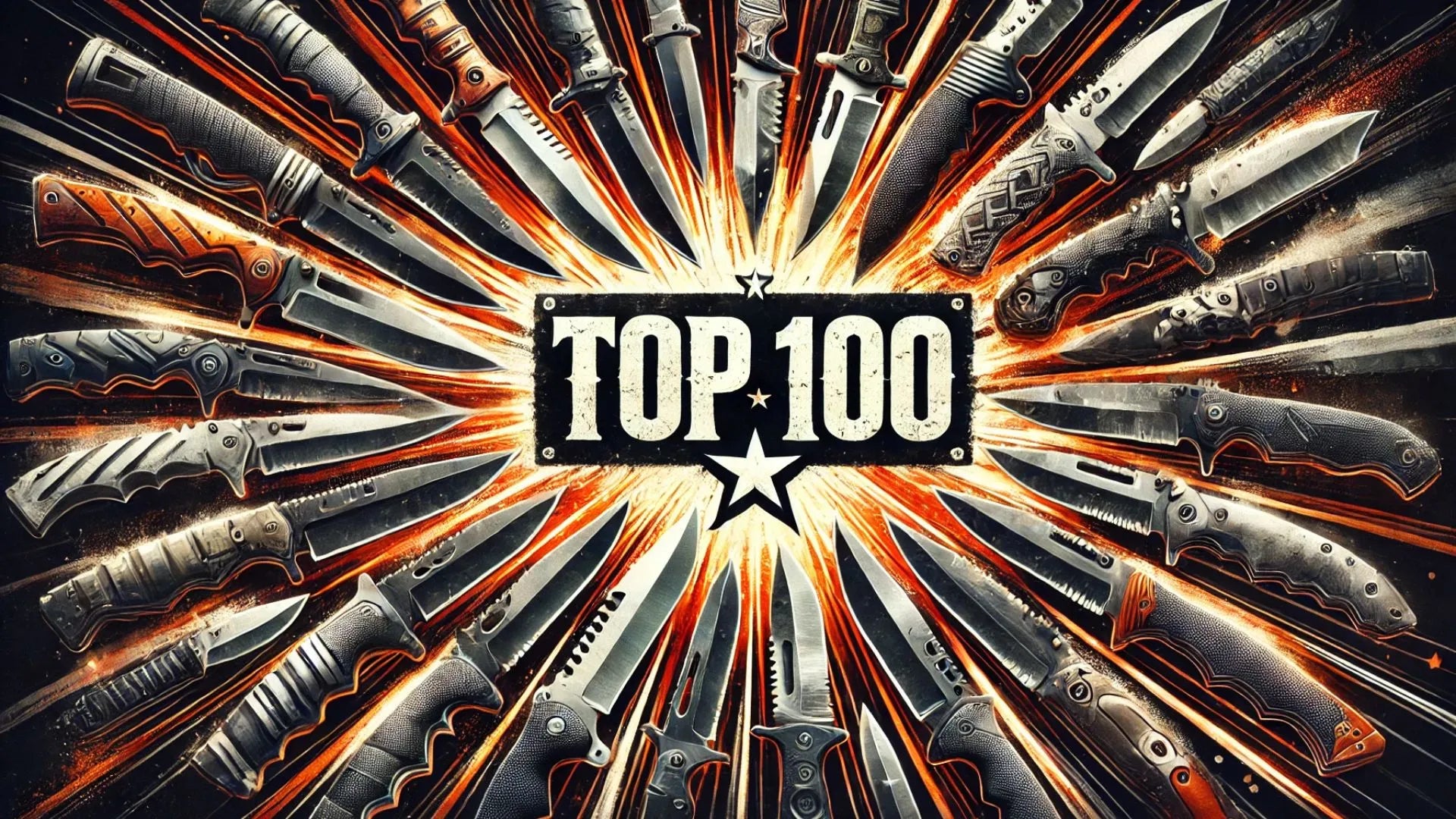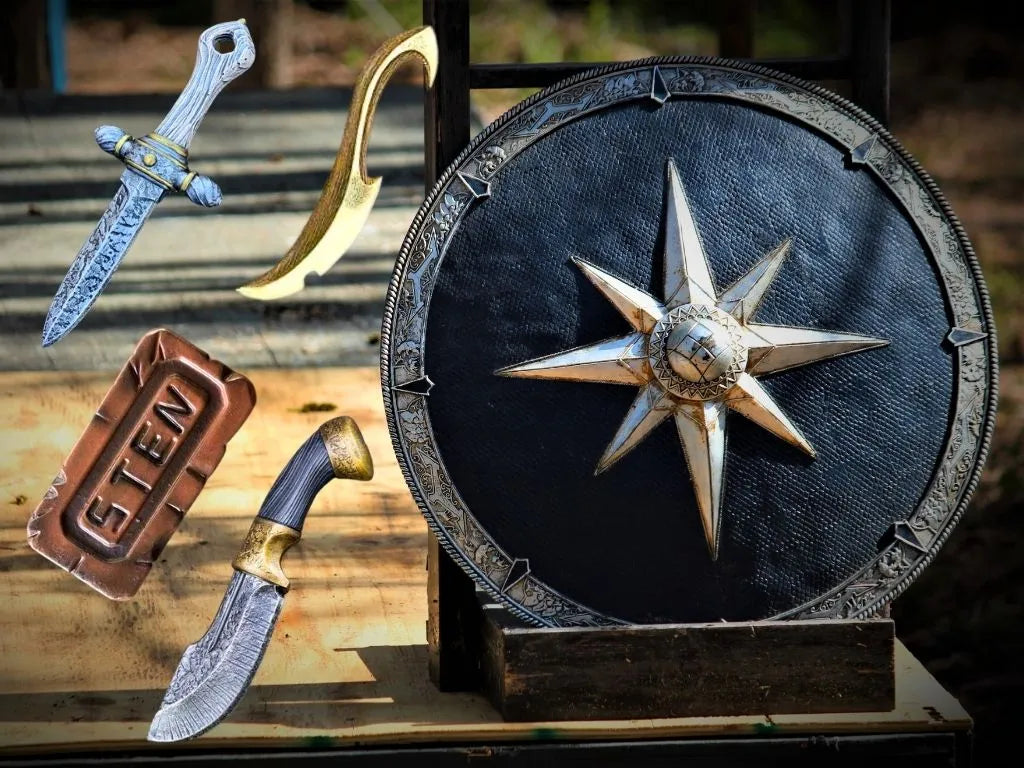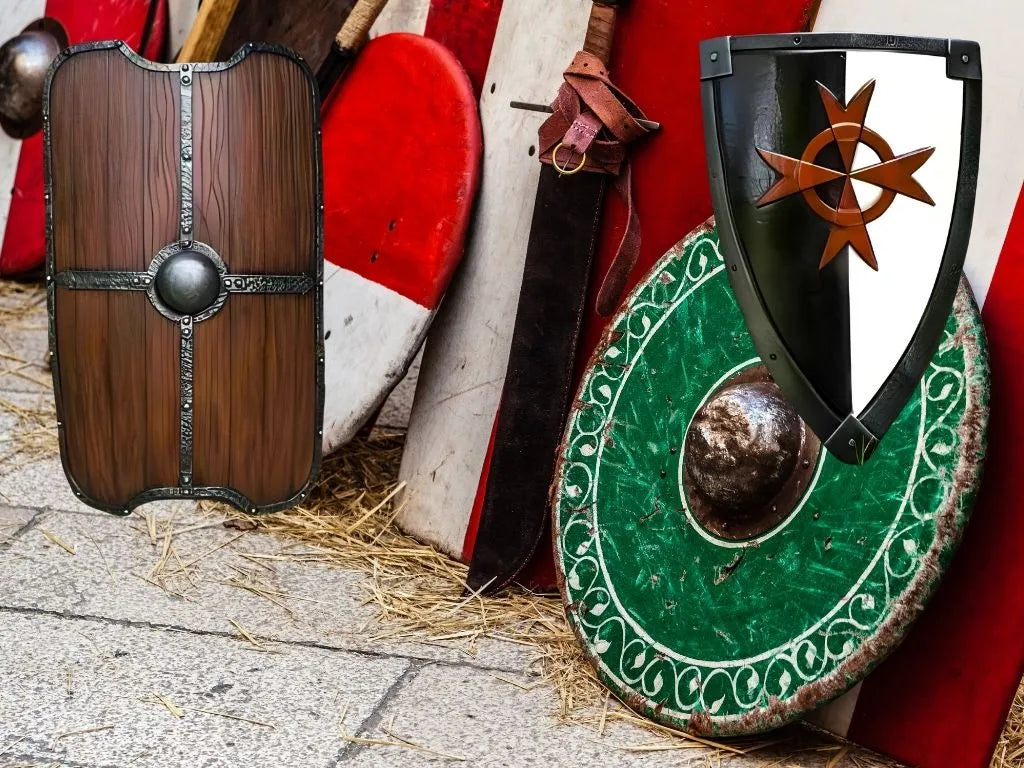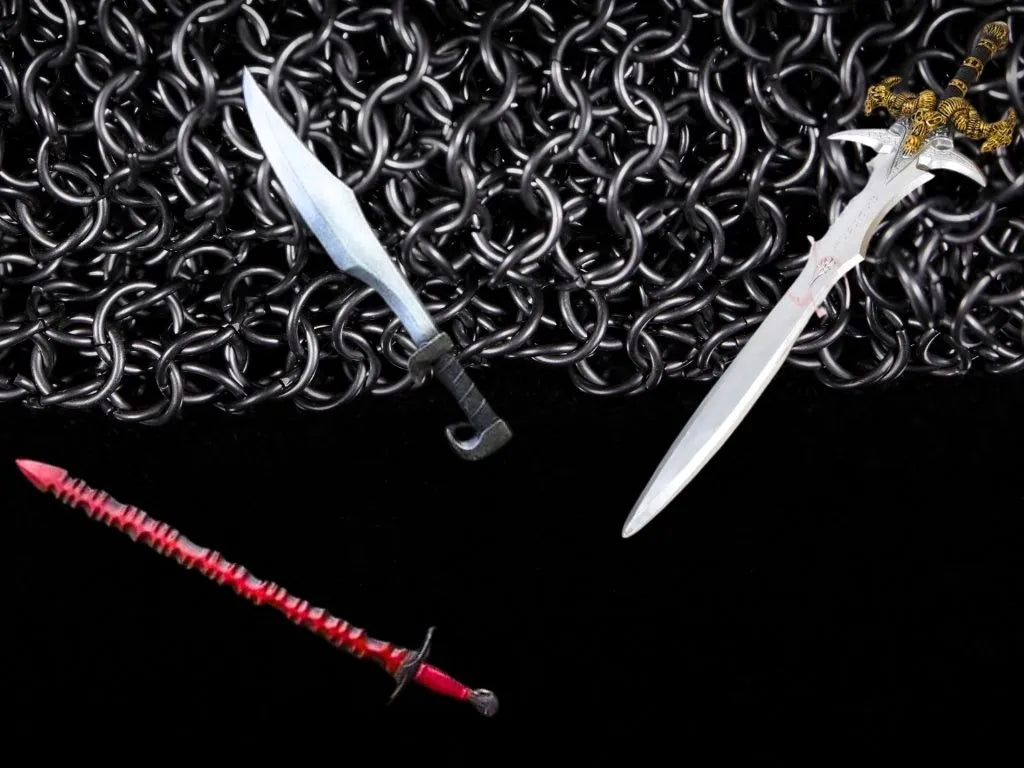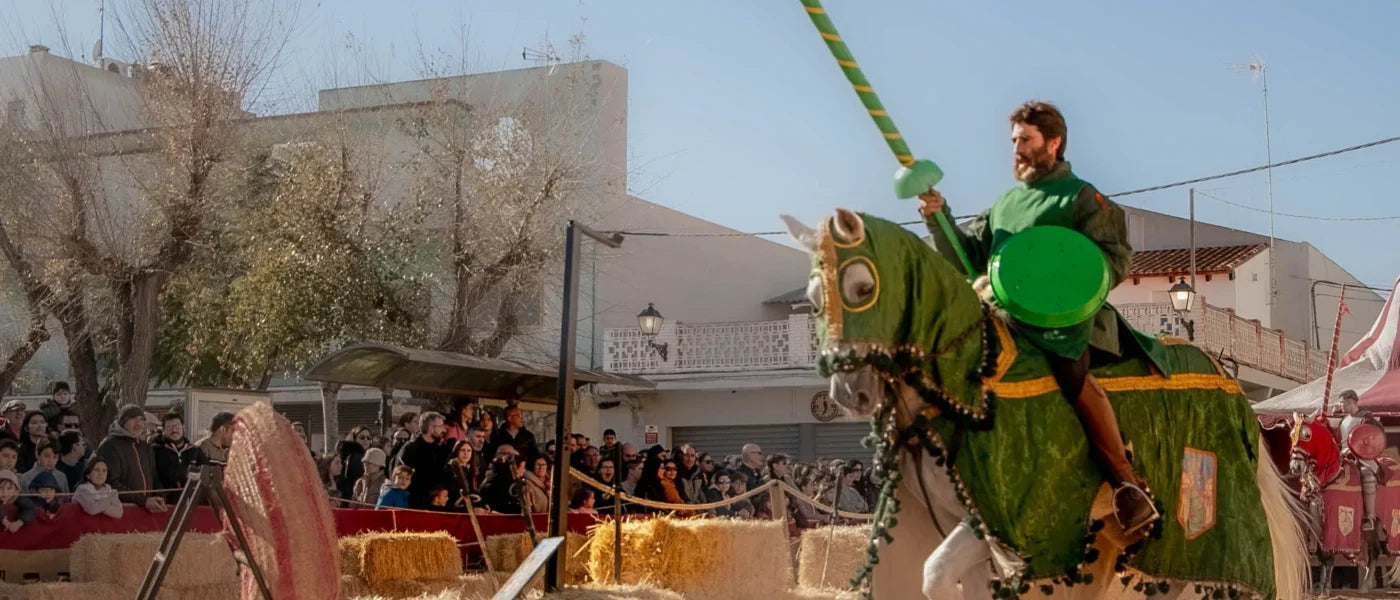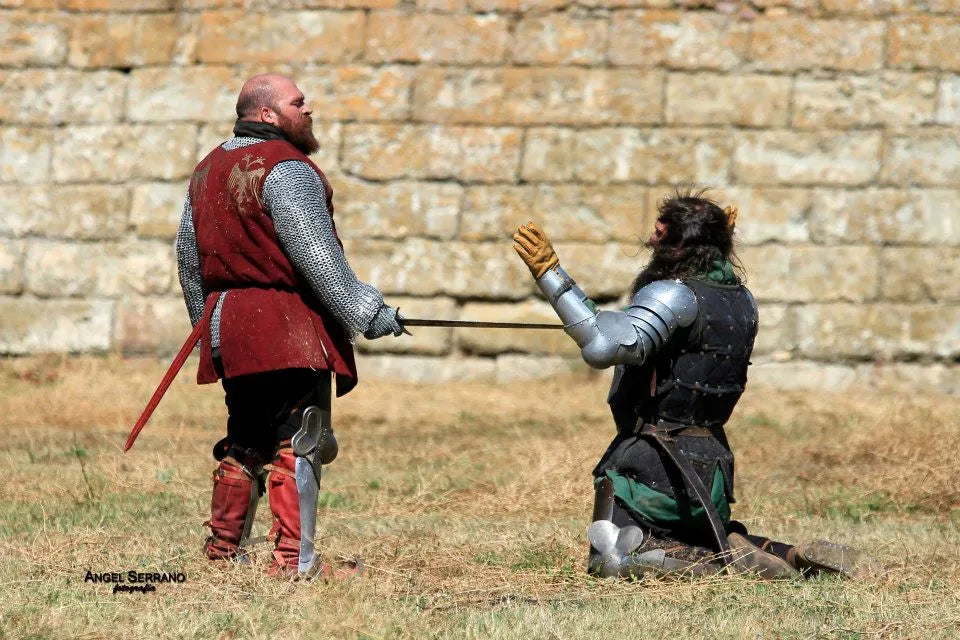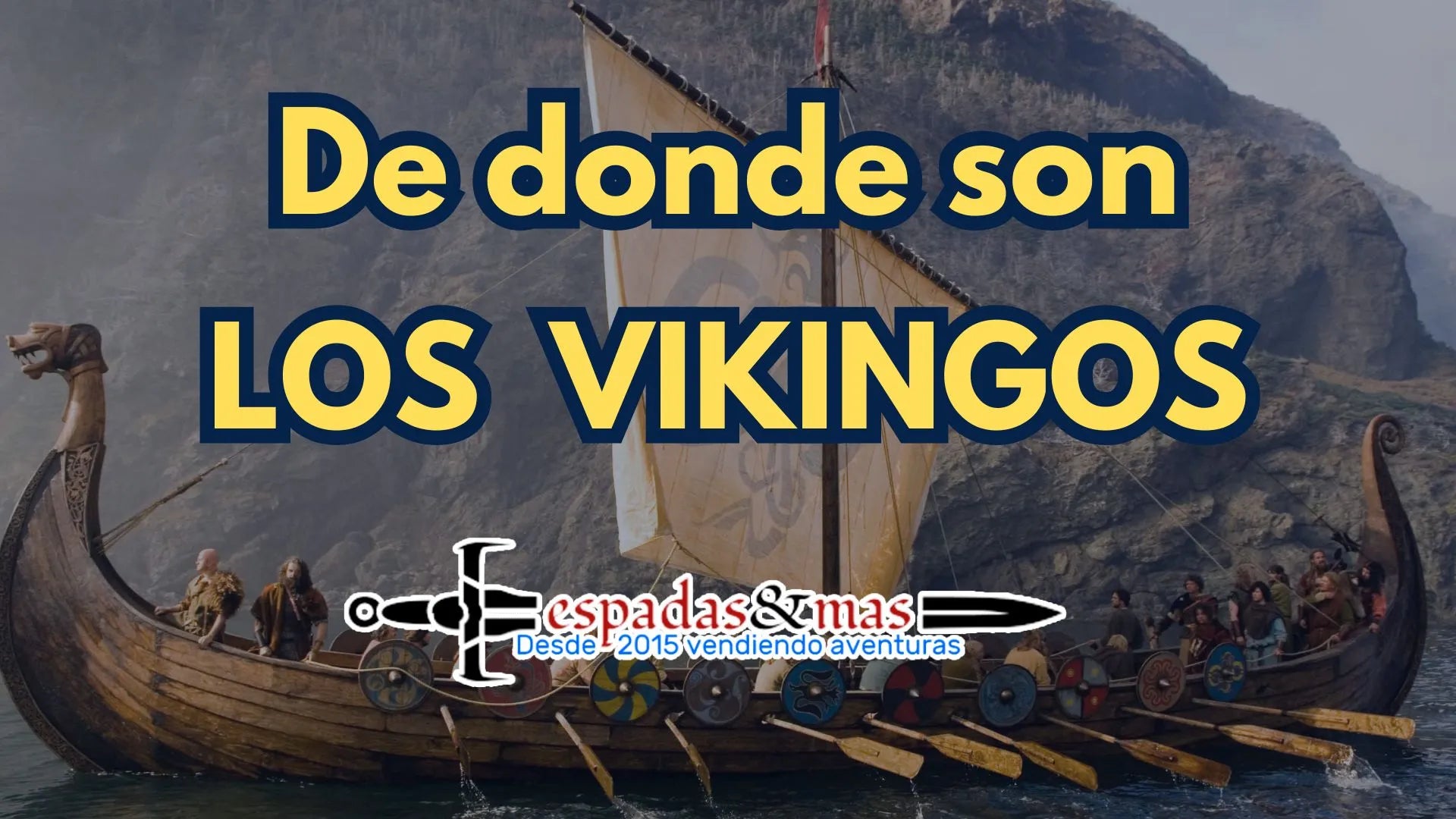Famous Vikings in History: The Real Warriors Who Left Their Mark
The Vikings, often shrouded in myth and legend, were real figures who left an indelible mark on European history during the Viking Age (roughly between the 8th and 11th centuries). Some of these warriors, kings, and explorers became legendary figures, not only for their exploits in combat, but also for their political and cultural influence. In this blog, we will explore the lives of some of the most famous Vikings who ever lived – those who actually walked the earth and whose stories have been confirmed by historical sources.
Ragnar Lodbrok: The Legendary Viking King
Ragnar Lodbrok is one of the best-known names in Viking history, although his life is shrouded in an aura of myth and reality. According to the Norse sagas, Ragnar was a Viking king and warrior who led raids into England and France. He is said to have been descended from Odin, the chief god in Norse mythology, giving him an almost divine status among his people.
Stories about Ragnar include incredible feats, such as the capture of Paris in 845 AD, where he is said to have forced the Franks to pay a large tribute to prevent the city's destruction. His end was tragic, however; according to legend, he was captured by King Ælla of Northumbria and thrown into a pit of snakes, where he died.
It is important to note that the figure of Ragnar Lodbrok is a mixture of several historical Viking leaders and that the sagas that narrate his adventures were written centuries after his supposed existence, making it difficult to separate myth from reality.
I recommend this Viking sword to you!

Ivar the Boneless: The Ruthless Son of Ragnar
Ivar the Boneless, one of Ragnar Lodbrok's sons, is another Viking who left an indelible mark on history. Ivar is known for being one of the leaders of the Great Heathen Army, a coalition of Viking warriors who invaded England in the 9th century.
Ivar, whose nickname "Boneless" has been interpreted in various ways (from a reference to a possible illness to a metaphor for his cruelty), was known for his military intelligence and his relentless thirst for revenge. According to the sagas, it was he who led the invasion of Northumbria and captured King Ælla, brutally executing him in revenge for the death of his father.
Historically, Ivar is a documented figure, and his leadership of the invasion of England is a fact recorded by contemporary chroniclers. His legacy is that of a fierce and feared leader, whose campaign forever changed the course of English history.
Harald Hardrada: The Last High Viking King
Harald Hardrada, also known as Harald III of Norway, is often considered the last great Viking king. Born in 1015, Harald spent much of his youth in exile, fighting as a mercenary in the Byzantine Empire. His nickname, "Hardrada," means "The Ruthless," a name he earned for his bravery and toughness on the battlefield.
In 1046, Harald returned to Norway and claimed the throne, becoming king. Under his rule, Norway was consolidated into a strong and unified kingdom. However, his ambition did not stop there. In 1066, Harald launched an invasion of England, believing himself to have a right to the English throne. This campaign culminated in the Battle of Stamford Bridge, where Harald was defeated and killed by the forces of Harold Godwinson, the Anglo-Saxon king. Harald's death symbolically marks the end of the Viking Age.

Leif Erikson: The Explorer of the New World
Leif Erikson, son of Erik the Red (founder of the Viking colony in Greenland), is one of the most famous Vikings, known for having been, probably, the first European to reach North America, almost 500 years before Christopher Columbus.
According to the sagas, Leif set out from Greenland to the west, guided by tales of lands beyond the ocean. He reached a region he called Vinland, believed to correspond to present-day Newfoundland in Canada. Although the colony at Vinland did not last, Leif Erikson's voyage is one of the Vikings' most notable achievements and a testament to their skill as navigators and explorers.
Leif Erikson is celebrated today as a pioneer in the exploration of the New World, and his legacy lives on as one of the most important Vikings in history.
Check out our Vikings collection!

Rollo: The Founder of Normandy
Rollo, also known as Hrolf Ganger, was a Viking chieftain who, after a series of raids in what is now France, settled in the region of Normandy in the early 10th century. In 911, King Charles the Simple of France granted him lands in exchange for his loyalty and protection against other Viking invaders.
Rollo became the first Duke of Normandy, and his descendants, the Normans, played a crucial role in European history, including the conquest of England in 1066 by William the Conqueror, Rollo's great-grandson. His legacy is immense, as he established a dynasty that would significantly influence European history.
The Vikings were not only raiders and warriors; they were also leaders, explorers, and influential figures in European history. The characters we have explored in this blog are examples of how the Vikings shaped the medieval world through their actions and legacies. Learning about these famous Vikings allows us to better understand the complexity of their society and the depth of their impact on history.
Continue exploring our blog at Swords and More to discover more about the fascinating history of the Vikings and other legendary warriors who left their mark on the world.


